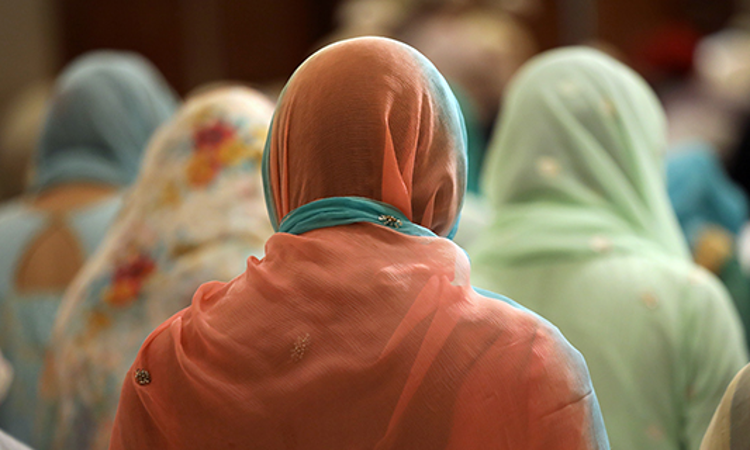From Shah Bano to Shabana Bano: Divorced Muslim Women And Right To Claim Maintenance Under Section 125 CrPC
Ashok Kini
22 July 2019 8:22 AM IST

"She having chosen to move under the Code cannot be said to be debarred under law on the ground that she is a divorced Muslim lady."
Next Story


